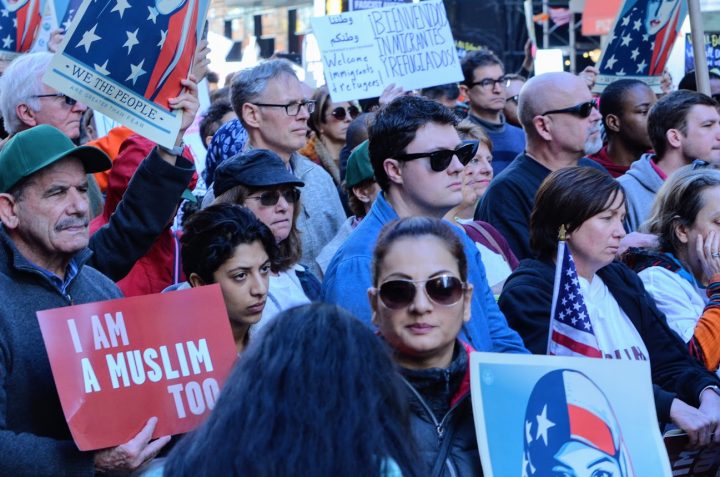In all the most dramatic and violent moments in human history, there always was someone who made the brave choice of listening to their conscience and helping those who were persecuted and threatened. This meant challenging cruel laws and military occupations and exposing oneself to the possibility of retaliations. Yet many accepted that risk.
There are many examples of this, but three in particular – two in the past, one from today – demonstrate that there is always light, even in the darkest of times.
In the United States between the end of the 18th century and 1861 – the start of the American civil war – a network of secret tracks and safe shelters helped thousands of slaves to escape from plantations in the south to reach the states in the north and Canada. Particularly after the Fugitive Slave Law was passed in 1850 – a law which imposed that even in the northern states anybody suspect of being a fugitive slave had to be arrested and returned to their owners – the risks were enormous. As is described in the beautiful and brutal novel by Colson Whitehead ‘The Underground Railway’, the punishment for those helping the slaves went beyond the fines and prison sentences mandated by the law: burnt houses and lynchings were at the order of the day. A society that considered slaves to be objects did not tolerate those who considered them humans to be aided and exerted revenge on them so as to protect the established order.
As told by Ercole Ongaro in the book ‘Nonviolent Resistance’, after the armistice of September the 8th, 1943, in Nazi-occupied Italy hundred of thousands of people risked deportation and their lives to help those who were in danger: the soldiers who were in active service on September the 8th, Jews and allied prisoners of war. The results of these incredible acts of courage and solidarity are little known today, but they are nonetheless extraordinary: 700’000 soldiers could return to their homes (out of a million and a half), 35’000 Jews (out of 40’000) and 40’000 allied POWs (out of 80’000) were saved.
The awful term ‘deportation’ is back today in Trump’s United States, where people are organising for resistance and support for the undocumented migrants who risk being expelled from the country. Beside the continued demonstrations of support and solidity towards immigrants and refugees, the ACLU (American Civil Liberties Union) is setting up rapid response teams with lawyers and local groups to provide legal assistance to those threatened by deportation. A number of cities, such as New York, Boston and San Francisco as well as states such as Oregon are mobilising to resist Trump’s measures against migrants and sanctuary cities. “I will do everything that is licit and in my power to protect those who feel threatened and vulnerable’, declared the Major of Boston Marty Walsh. ‘If necessary, I will use the town hall as a shelter to protect those that are unjustly targeted’.
In California the representatives of various religions have joined to form a network of rapid response to shelter safely (non only in churches and religious buildings but in private houses as well) hundreds and possibly thousands of undocumented migrants. The use of private houses offers a greater degree of constitutional protection, since federal agents cannot enter without an appropriate court order. The synagogue of Hollywood Temple Israel is full of volunteers ready to accompany migrants to their meetings with the authorities and offer free legal assistance as well as food and clothing to the safe houses.
Our Revolution, the grassroots political organization launched after Bernie Sanders’ presidential campaign, is asking supporters to “pledge to take action locally to protect immigrant families and stop the raids.”
Aiding an undocumented migrant is a crime punishable by jail and those who are ready to do it know that. Like in all other similar situations in history, the motivation is simple: to do what one considers to be right no matter what the consequences are.










